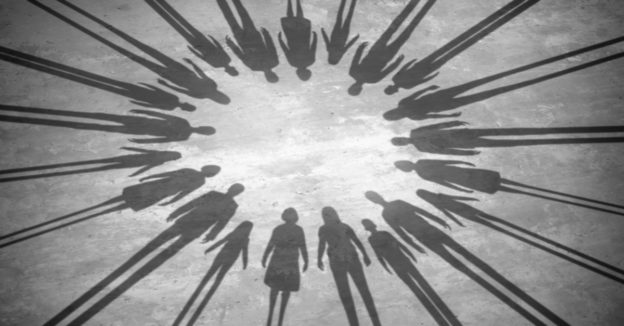By Stuart Leviton, Esq.
For too long, too many employers have been focused on, and perhaps even obsessed with, complying solely with the legal requirements of preventing sexual harassment in the workplace. And even when employers succeed in complying with their legal obligations, they still may not have a workplace in which workers feel safe, secure, and supported. Why not? Because the law alone does not and cannot define an appropriate and acceptable baseline of workplace behavior.
In Oncale v. Sundowner Offshore Services, Inc., Justice Scalia wrote that Title VII, the federal law prohibiting sexual harassment in the workplace, does not create a general “civility code” for the workplace. And Justice Scalia is correct, as a statement of the law. But this acknowledgment as to the limits of civil legal liability says nothing about what an employer should do, above and beyond the law’s minimum requirements, to confront meaningfully and effectively sexual harassment in the workplace.
There is no legal barrier to establishing and enforcing a civility code in the workplace, and I recommend it. Why? Because our obligations to one another in the workplace, and indeed in the world, go beyond the legally required minimum standard. Is it too much to ask that we be civil to and with one another in the workplace and beyond, and that we honor every person and give each person the basic dignity of being respected every day?
S. Chris Edmonds writes on Forbes.com about Four Steps Proven To Cultivate Workplace Civility. Edmonds writes about setting a new standard of civility in the workplace, then modeling it, coaching it, and holding people accountable. It is not always so simple to get the results you want (an improved organizational culture), but it really is that simple to start trying.
So what does an organizational civility code look like? How about this:
We as an organization respect and value each and every person with whom we come into contact, each and every day. We celebrate our collective human dignity, and we are guided, fundamentally, by what is best for all of our constituents and stakeholders.
We expect and demand that anyone employed by, contracting with, or otherwise engaging with us hold true to these most basic of values and conform their daily conduct in a way consistent with and supportive of these values.
We as an organization do our best to live these values each day. And on the days in which we come up short, we do our best to hold ourselves and each other accountable for any shortcomings.
Ultimately, while we are informed by the law, economics, society generally, and other influences, none is sufficient to justify a compromise of our steadfast commitment to civility and dignity in all of our interactions. Don’t be discouraged that we will never achieve perfection; rather, take comfort in knowing that each day, we as an organization and each person who forms a part of us is doing our best to advance the cause of civility both in the workplace and in the world more broadly.
Is the foregoing civility code simplistic? Yes. Is the foregoing civility code, in and of itself, a guarantee of a changed and improved organizational culture? No. But if you engage in a discussion about creating and the exercise of writing a civility code for your organization, you will have taken an important step in acknowledging that the law alone will not eliminate workplace challenges, and that more is needed to address and redress, in a meaningful way, the need for organizational cultural change.
